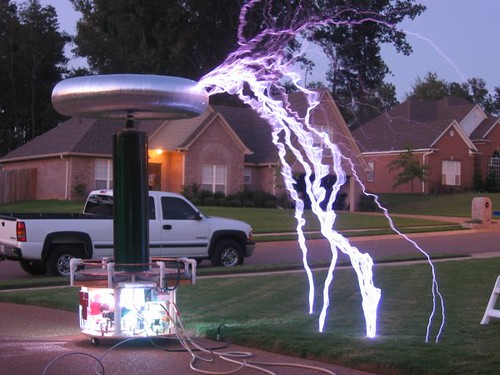I partly think it's a great idea because it is not Americans spending millions of dollars, the same way I thought the LHC was a terrific idea...for Europe. People who say you should spend a lot of taxpayer money for 'leadership' in science don't understand that argument when it is applied to military firepower - I don't understand it either way. In a global world, paying for something does not buy expertise, attaining expertise does. Silicon Valley was not paid for by taxes, it was paid for by profits, after all.
The other reason I think it's a great idea is because it will solve a technology mystery; namely if Charles Babbage conceptually came up with the first programmable computer a hundred years before Alan Turing. The Babbage Analytical Engine was never built but it had a delightfully Steampunk-y name so it sounds like it should have been built in some alternate past, right along with giant, arcing Tesla Coils on some quasi-futuristic battlefield.

Want to keep dogs from crapping in your yard and be awesome? Here you go. By tesla1000
Instead, it remained a series of blueprints - and the researchers are taking a Science 2.0 approach and crowdsourcing all of them and letting participants come up with what should be built.

Left: Punch cards for the never-completed Babbage Analytical Engine, and Charles Babbage on the right. Credit: Science Museum Archive/Science&Society Picture Library. Link: New York Times.
Augusta Ada King, Countess of Lovelace, made Babbage famous by being the first 'programmer' and recognizing the power of what he had done in a way even he had not. It's pretty neat that a group of people care enough, and can raise the money, to tackle something interesting yet rather esoteric.
Fascinating stuff, given the roadmap of computers that would happen a century later.
It Started Digital Wheels Turning by John Markoff, New York Times



Comments